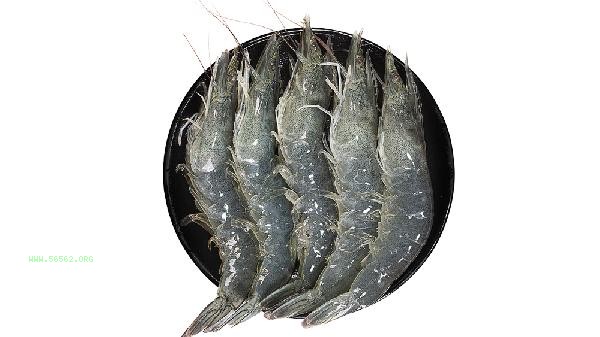Moderate consumption of prawns is beneficial to the body, but excessive consumption may pose health risks. Shrimp meat is rich in high-quality protein, vitamin A, vitamin B12, selenium and other nutrients, as well as high cholesterol and purines.

1. High quality protein source
Shrimp has a high protein content and is easily absorbed by the human body. Each 100 grams of shrimp meat can provide about 20 grams of protein, and the proportion of essential amino acids is close to the human body's needs, which helps maintain muscle tissue and immune system function. For fitness enthusiasts or those with high protein requirements, moderate consumption can help supplement daily needs.
2. Rich in trace elements
Shrimp meat contains antioxidant minerals such as selenium and zinc, among which selenium content is particularly prominent, which helps to eliminate free radicals and support thyroid function. Vitamin B12 content is also high and plays an important role in red blood cell production and neurological health. These micronutrients are helpful in improving anemia and enhancing metabolism.
3. cardiovascular Effects
Although shrimp have a high cholesterol content, recent studies have shown that their rich Omega-3 fatty acids may partially offset the negative effects of cholesterol. For healthy individuals, moderate consumption does not significantly affect blood lipid levels, but patients with hypercholesterolemia need to control their intake, and it is recommended not to exceed 2-3 times a week.

4. Purine Metabolism Burden
Shrimp belongs to the category of medium to high purine foods, containing approximately 150-200 milligrams of purine per 100 grams. Frequent consumption by gout or hyperuricemia patients may lead to elevated uric acid levels and trigger joint pain. During the acute attack period, consumption should be avoided, and during the remission period, it is recommended to control the weekly intake within 100 grams.
5. Allergy risk
Crustacean aquatic products are common allergens, and some people may experience allergic reactions such as skin itching, vomiting, or difficulty breathing after consuming them. First time consumers are advised to try a small amount, while those with a history of allergies should completely avoid it. Children should closely observe their reactions when introducing shrimp based complementary foods.

It is recommended that healthy adults consume no more than 300 grams of shrimp per week and prioritize low oil cooking methods such as steaming and boiling. Paired with vegetables rich in vitamin C, such as broccoli and bell peppers, can promote iron absorption. Avoid consuming large amounts of cold foods together, and individuals with spleen and stomach deficiency and coldness should pay attention to controlling their single intake. Special populations such as pregnant women and those with renal insufficiency should adjust their food intake under the guidance of a nutritionist and seek medical attention promptly if they experience discomfort.








Comments (0)
Leave a Comment
No comments yet
Be the first to share your thoughts!